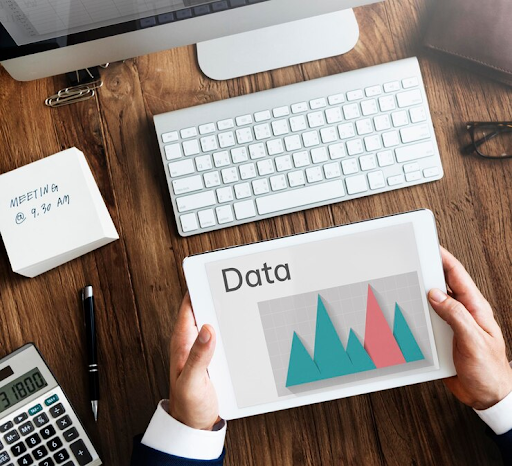Data Conversion tells some interesting facts. Market growth for the Global Data Conversion Service is estimated to grow significantly from 2022 to 2030, driven by companies of different sizes’ widespread use of data-driven strategies. Northern America, especially the US, is active in this industry, while Europe’s situation is improving. The market size of data conversion services is estimated to be up to USD multi-million by 2029 through CAGR (Compound Annual Growth Rate). Although the competition may arise, the investors still have high confidence, primarily because of the global economic revival.
However, how will this be to you and your company? Suppose you can access all that information– customer insights, market tendencies, operational mistakes. But the catch? They remain in particular languages. This is precisely what data conversion is all about. Conversion of data isn’t any glitzy PR campaign or something like that; it’s an essential thing. Everything happens in the background, but translating from a jumbled mess into a clear, unified language is critical to making the most of your data.
What is Data Conversion?
Data conversion is the process of converting data between different formats. Although the idea may seem straightforward at first, data conversion is an essential phase in the data integration process. This stage allows data to be read, modified, and used in a database or application other than the one in which it was originally created.
For example, you require a data conversion procedure if your network employs different methods to store data, particularly numeric numbers, or if your company needs to communicate with other networks or users who see data in other character/symbol sets.
The way that many of us watch television is a typical example of data conversion. A music or video file must be converted from its original format—such as an MKV file—to one the mobile device can read to be played on it (such as an MP4 file).
Data conversion aims to stop data loss or corruption by preserving the integrity of the data and embedded structures. If the destination format supports the same features and data structures as the source data, this should be simple. However, businesses must entirely and accurately convert the format and structure to read, edit, and analyze data if the source formatting needs support.
How Does Data Conversion Work?
Data conversion can be a complex process, but tools for automation can improve accuracy and reduce development time. The basic steps include:
- A detailed plan is created depending on the needs of the user.
- The set of characters or symbols is taken from its source.
- The format of the destination is applied to the source data.
- After being examined, the data is added to the intended system.
Data conversion involves converting a source data type to another data type or reinterpreting it as another data type. It can be implicit or explicit, with implicit conversion allowing a compiler to automatically perform the conversion by comparing one data type to another and assigning the source data type to the appropriate destination data type.
Three methods are available for converting objects and data types when explicit conversion is used:
- Before the conversion, a runtime check is made to see if the destination data type can contain the source value. If it cannot, an error occurs.
- No audits are carried out. No problem arises if the source value is not stored in the destination data type. Instead, there is no definition for the resultant data type.
- Without any data interpretation, the raw bit pattern is replicated.
Data conversion can be a complex undertaking, especially for businesses with vast amounts of data in diverse formats. Partnering with a reputable data conversion service provider like Tech2Globe (https://www.tech2globe.com), can streamline the process and ensure high-quality results.
Why Tech2Globe?
Tech2Globe brings over 14 years of experience and a team of skilled professionals to the table. They offer a comprehensive suite of data conversion services, including:
- Document Conversion: Convert scanned documents, PDFs, and other formats into editable and searchable formats.
- Image Conversion: Transform images into different file types for easier storage, sharing, and integration.
- Data Entry: Ensure accurate and efficient data entry into various systems.
They go beyond basic conversion services. They understand the intricacies of data and its role in driving business success. Their team can guide you through the conversion process, ensuring your data. Plus, you may consider opting for their other prominent services such as data management, data extraction, and remote cctv monitoring services.
Conclusion
Although data conversion is an overlooked step critical to successful digitalization, the ability to have your data format converted by effortless translation powers your enterprise to make informed decisions, fix problems, and maximize results. Therefore, do not let your information be stranded captive in the form of varying formats – free it through the power of data conversion and in no time, your business will grow leaps and bounds.
With an effective data conversion plan, which might entail outsourcing, the whole capacity of your company information could be established.


